- Published on
The Fort Gower Resolves: “We can live weeks without bread or salt”
See "The Fort Gower Resolves" (August 3, 2022) for a longer essay on this subject.
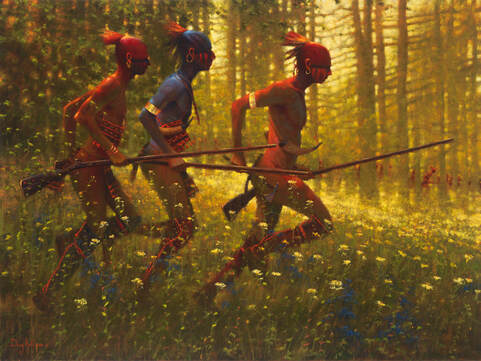
Long after the Revolution, Col. John Stuart of Greenbriar County recalled the Virginia Militia army that defeated the usually victorious Shawnee at the Battle of Point Pleasant in 1774.
General Lewis’s army consisted chiefly of young volunteers, well trained to the use of arms, as hunting, in those days, was much practised, and preferred to agricultural pursuits by enterprising young men. The produce of the soil was of little value on the west side of the Blue Ridge— the ways bad, and the distance to market too great to make it esteemed. Such pursuits inured them to hard ships and danger. We had more than every fifth man in our army killed or wounded in the battle,— but none were disheartened ; all crossed the river with cheerfulness, bent on destroying the enemy;- and had they not been restrained by the Governor’s orders, I believe they would have exterminated the Shawanese nation.
Stuart said this after noting that the Shawnee were the tribe that had (often with allies) repeatedly defeated Virginian and American armies on the frontier: those of Gen. Edward Braddock (1755) and Major James Grant (1758) in the French and Indian War; colonels John Todd and Stephen Trigg at the Battle of Blue Licks (1782) in Kentucky; and against generals Josiah Harmar (1790) and Arthur St. Clair (1791) in Ohio.
The victory at Point Pleasant was a very big deal. Moreover, though Lord Dunmore (the governor of Virginia) had raised and led the army, the victory had been won without him by the other of two divisions. An army of frontier Virginia marksmen, many of them occasional subsistence hunters, had proven what they could do.
Dunmore headed back to Williamsburg. His officers, cognizant of political events, convened on November 5 at Fort Gower (modern Hockingport, Ohio) on the Ohio River. Among those present were many men who would be important in the Revolution, including William Campbell, George Rogers Clark, Simon Kenton, Andrew Lewis, Daniel Morgan, William Russell, and Adam Stephen. An unidentified officer (possibly Adam Stephen) addressed the group. Having concluded the campaign against the Indians, he said, “it only remains that we should give our country the strongest assurance that we are ready, at all times, to the utmost of our power, to maintain and defend her just rights and privileges.”
He was careful to deny that the army had any revolutionary intentions while also making it clear where their real loyalties lay. “We have lived about three months in the woods without any intelligence from Boston; or from the Delegates at Philadelphia. It is possible, from the groundless reports of designing men, that our countrymen may be jealous of the use such a body would make of arms in their hands at this critical juncture. That we are a respectable body is certain, when it is considered that we can live weeks without bread or salt; that we can sleep in the open air without any covering but that of the canopy of Heaven; and that our men can march and shoot with any in the known world. Blessed with these talents, let us solemnly engage to one another, and our country in particular, that we will use them to no purpose but for the honour and advantage of America in general, and of Virginia in particular. It behooves us then, for the satisfaction of our country, that we should give them our real sentiments, by way of resolves, at this very alarming crisis."
A committee was formed to draft the resolves, which were published soon after. Like other documents of the period immediately before the war, it proclaims loyalty to the King and the governor, but in a way that implied a threat.
Resolved, That we will bear the most faithful allegiance to his Majesty King George the Third, whilst his Majesty delights to reign over a brave and free people; that we will, at the expense of life, and every thing dear and valuable, exert ourselves in support of the honour of his Crown and the dignity of the British Empire. But as the love of Liberty, and attachment to the real interests and just rights of America outweigh every other consideration, we resolve that we will exert every power within us for the defence of American liberty, and for the support of her just rights and privileges; not in any precipitate, riotous, or tumultuous manner, but when regularly called forth by the unanimous voice of our countrymen.
Resolved, That we entertain the greatest respect for his Excellency the Right Honourable Lord Dunmore, who commanded the expedition against the Shawanese; and who, we are confident, underwent the great fatigue of this singular campaign from no other motive than the true interest of this country.
Signed by order and in behalf of the whole Corps,
BENJAMIN ASHBY, Clerk.
Lord Dunmore, whose motives for leading the campaign came to be suspected, fled Williamsburg just a few months later.
Little is remembered about Benjamin Ashby, who signed the document on behalf of the unanimous officers. The ink he put to paper had an impact, however. Just three years later his nephew, George Ashby, a private in the 8th Virginia, would be scrambling about the ground during the Siege of Fort Mifflin collecting and recycling hot cannonballs as his comrades’ ammunition ran low.
General Lewis’s army consisted chiefly of young volunteers, well trained to the use of arms, as hunting, in those days, was much practised, and preferred to agricultural pursuits by enterprising young men. The produce of the soil was of little value on the west side of the Blue Ridge— the ways bad, and the distance to market too great to make it esteemed. Such pursuits inured them to hard ships and danger. We had more than every fifth man in our army killed or wounded in the battle,— but none were disheartened ; all crossed the river with cheerfulness, bent on destroying the enemy;- and had they not been restrained by the Governor’s orders, I believe they would have exterminated the Shawanese nation.
Stuart said this after noting that the Shawnee were the tribe that had (often with allies) repeatedly defeated Virginian and American armies on the frontier: those of Gen. Edward Braddock (1755) and Major James Grant (1758) in the French and Indian War; colonels John Todd and Stephen Trigg at the Battle of Blue Licks (1782) in Kentucky; and against generals Josiah Harmar (1790) and Arthur St. Clair (1791) in Ohio.
The victory at Point Pleasant was a very big deal. Moreover, though Lord Dunmore (the governor of Virginia) had raised and led the army, the victory had been won without him by the other of two divisions. An army of frontier Virginia marksmen, many of them occasional subsistence hunters, had proven what they could do.
Dunmore headed back to Williamsburg. His officers, cognizant of political events, convened on November 5 at Fort Gower (modern Hockingport, Ohio) on the Ohio River. Among those present were many men who would be important in the Revolution, including William Campbell, George Rogers Clark, Simon Kenton, Andrew Lewis, Daniel Morgan, William Russell, and Adam Stephen. An unidentified officer (possibly Adam Stephen) addressed the group. Having concluded the campaign against the Indians, he said, “it only remains that we should give our country the strongest assurance that we are ready, at all times, to the utmost of our power, to maintain and defend her just rights and privileges.”
He was careful to deny that the army had any revolutionary intentions while also making it clear where their real loyalties lay. “We have lived about three months in the woods without any intelligence from Boston; or from the Delegates at Philadelphia. It is possible, from the groundless reports of designing men, that our countrymen may be jealous of the use such a body would make of arms in their hands at this critical juncture. That we are a respectable body is certain, when it is considered that we can live weeks without bread or salt; that we can sleep in the open air without any covering but that of the canopy of Heaven; and that our men can march and shoot with any in the known world. Blessed with these talents, let us solemnly engage to one another, and our country in particular, that we will use them to no purpose but for the honour and advantage of America in general, and of Virginia in particular. It behooves us then, for the satisfaction of our country, that we should give them our real sentiments, by way of resolves, at this very alarming crisis."
A committee was formed to draft the resolves, which were published soon after. Like other documents of the period immediately before the war, it proclaims loyalty to the King and the governor, but in a way that implied a threat.
Resolved, That we will bear the most faithful allegiance to his Majesty King George the Third, whilst his Majesty delights to reign over a brave and free people; that we will, at the expense of life, and every thing dear and valuable, exert ourselves in support of the honour of his Crown and the dignity of the British Empire. But as the love of Liberty, and attachment to the real interests and just rights of America outweigh every other consideration, we resolve that we will exert every power within us for the defence of American liberty, and for the support of her just rights and privileges; not in any precipitate, riotous, or tumultuous manner, but when regularly called forth by the unanimous voice of our countrymen.
Resolved, That we entertain the greatest respect for his Excellency the Right Honourable Lord Dunmore, who commanded the expedition against the Shawanese; and who, we are confident, underwent the great fatigue of this singular campaign from no other motive than the true interest of this country.
Signed by order and in behalf of the whole Corps,
BENJAMIN ASHBY, Clerk.
Lord Dunmore, whose motives for leading the campaign came to be suspected, fled Williamsburg just a few months later.
Little is remembered about Benjamin Ashby, who signed the document on behalf of the unanimous officers. The ink he put to paper had an impact, however. Just three years later his nephew, George Ashby, a private in the 8th Virginia, would be scrambling about the ground during the Siege of Fort Mifflin collecting and recycling hot cannonballs as his comrades’ ammunition ran low.
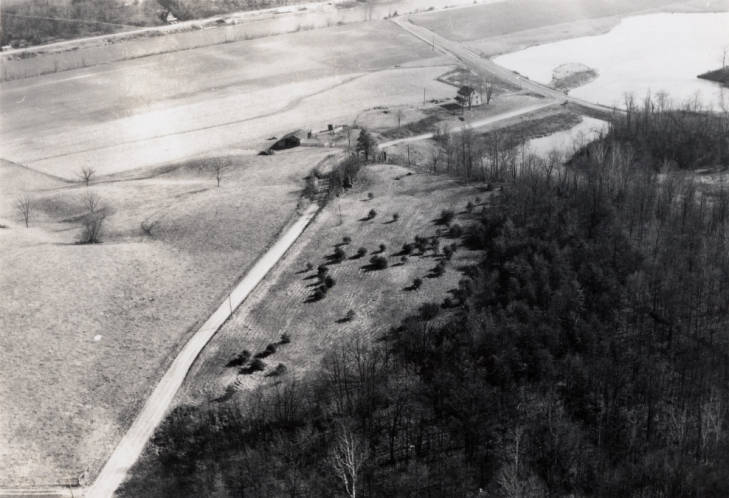
The site of Fort Gower in a 1974 photograph. The exact location is now evidently under water. (Ohio History Connection)
More from The 8th Virginia Regiment
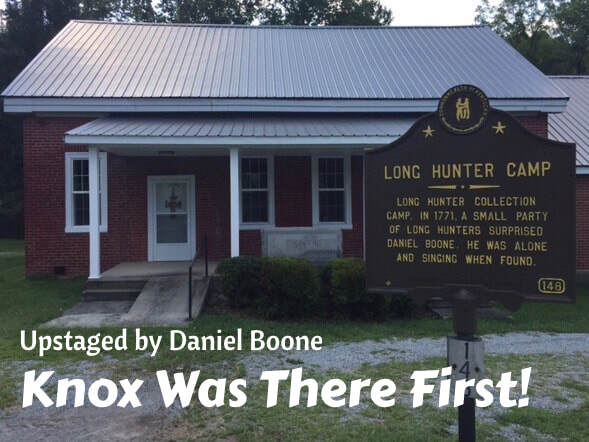
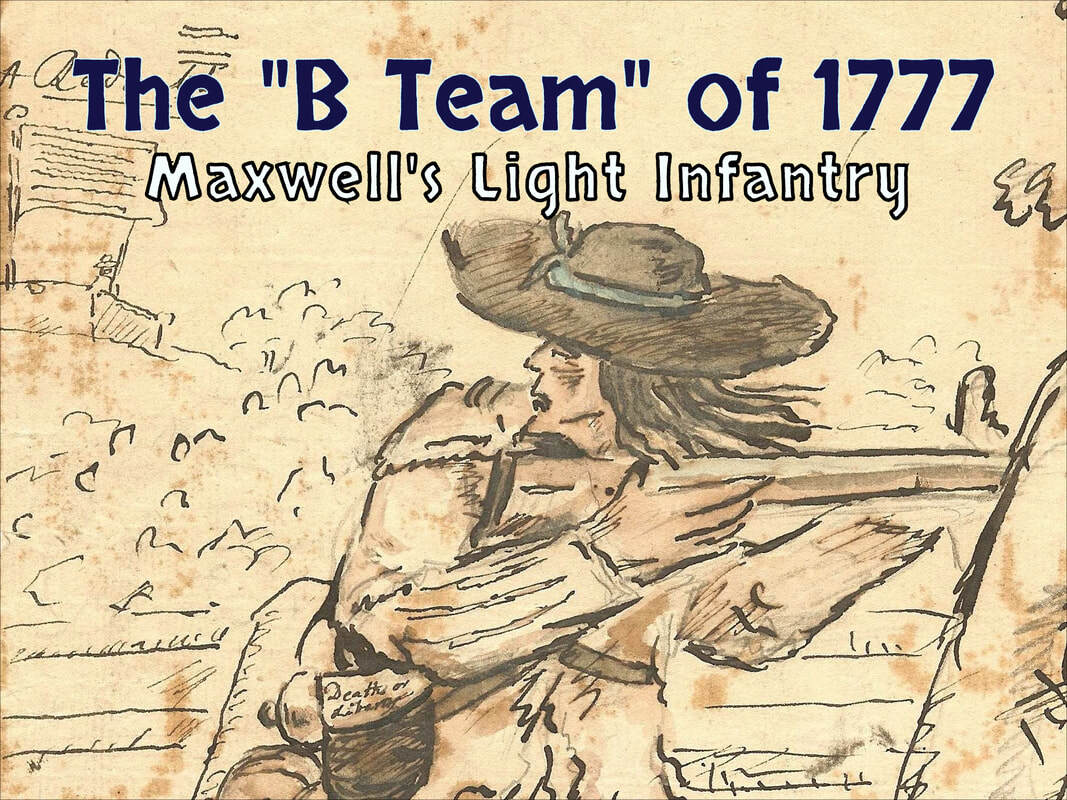
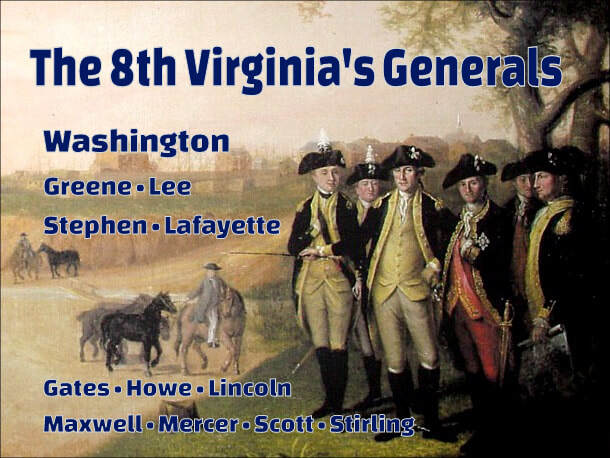
1 Comments
Was in elementary school in the early 1950's. We would have WVa history over the radio. The battle of Pt Pleasant was one I remember. Your article helped fill in the blanks.